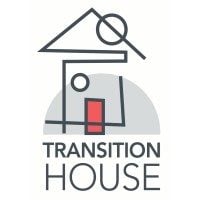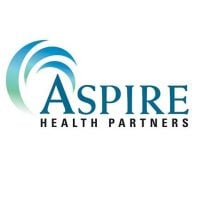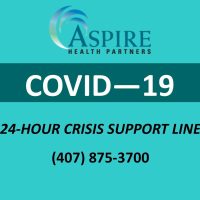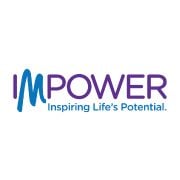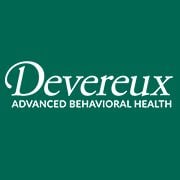List of Alcohol and Drug Rehab Centers in Kissimmee, FL
Kissimmee has been particularly hard hit by the opioid epidemic sweeping the nation. This is due to a number of factors, including the city’s proximity to Orlando (which has a large drug market), and the fact that Kissimmee is a tourist destination. The most commonly abused drugs in Kissimmee are marijuana, heroin, cocaine, and methamphetamine.
There are drug and alcohol rehab facilities in Kissimmee that can help those who are struggling with addiction. If addiction is not treated, it can lead to a number of serious problems, including overdoses, HIV/AIDS, and other health problems. If you or someone you know is struggling with addiction, please get help as soon as possible.
Here, we list many of the best drug treatment facilities and centers in Kissimmee, most of them with their own unique qualities. Kissimmee has resources for healthcare and a happy future with a range of drug and alcohol recovery programs all located within Florida.
Contact Your Florida Admissions Expert
We will help you find treatment based on your location, budget, and specific needs and help you get started safely.
Free + Confidential Consultation
Browse 24 Centers in Kissimmee, Florida
Park Place Behavioral Health Care is a CARF-accredited addiction treatment facility located in Kissimmee, Florida that provides comprehensive care for individuals struggling with substance abuse, drug addiction, alcoholism, and mental health issues through a variety of programs including residential treatment, detoxification services, intensive outpatient therapies, partial hospitalization and aftercare support.

House of Freedom Drug Rehab Center in Kissimmee, Florida provides comprehensive and individualized care for those suffering from opioid addiction, substance abuse, and drug addiction with a variety of levels of care ranging from outpatient services to residential treatment, along with follow-up aftercare support to help ensure long-term sobriety.
New Season - Mid Florida Metro Treatment Center
Mid Florida Metro Treatment Center offers its patients a variety of levels of care, ranging from detox to outpatient services, that are accredited by both CARF and SAMHSA and accept private health insurance, making it an affordable option for addiction treatment.


Park Place Behavioral Healthcare - Kissimmee
Park Place Behavioral Healthcare - Kissimmee provides a comprehensive recovery program encompassing detox, residential, inpatient and intensive outpatient levels of care, as well as dual-diagnosis treatment to address individuals with co-occurring mental health and substance use conditions, while accepting private health insurance and being accredited by CARF, SAMHSA and state license to ensure quality standards are met throughout the process.



Orlando Behavioral Health - Kissimmee provides comprehensive treatment for addiction, including a range of levels of care and aftercare support to ensure lasting sobriety for those in the Kissimmee area.

Orlando Behavioral Health - Outpatient is a premier Kissimmee, FL facility dedicated to providing various levels of care for the treatment of addiction issues, such as couples therapy, dialectical behavioral therapy and more.

New Season - Mid Florida Metro Treatment Center
Mid Florida Metro Treatment Center is a SAMHSA-accredited facility in Kissimmee, Florida that provides quality and safe drug rehab services to individuals looking for sobriety, accepting private health insurance for an affordable option.

Transition House is a 150-bed JCAHO-accredited facility offering a range of treatment services for individuals dealing with alcohol and drug addiction as well as dual diagnosis.

Aspire Health Partners offers comprehensive treatment programs for addiction and mental health issues, providing a wide range of levels of care and evidence-based treatment methods to help individuals and families in their recovery journey.



Aspire Health Partners - Osceola Counseling Center
The Osceola Counseling Center specializes in addiction treatment, offering both outpatient and inpatient care with CARF-accredited staff for quality care and aftercare support.

All Family Resource Center
All Family Resource Center is a Kissimmee, FL based addiction treatment facility founded in 2007 which specializes in providing evidence-based outpatient addiction treatment and mental health services.
Osceola County Intergroup
Osceola County Intergroup is an Addiction Treatment Facility in Kissimmee, FL which provides varying levels of care, including Aftercare Support, Drug Rehab, and Outpatient Levels of Care, to those suffering from addiction or in need of sobriety.
Park Place Behavioral Healthcare - Poinciana
Park Place Behavioral Healthcare - Poinciana in Kissimmee, FL offers specialized addiction treatment with various levels of care and treatment options, including individual and group therapy, detox, and aftercare support, among other methods.

Park Place Behavioral Healthcare - Community Housing
Park Place Behavioral Healthcare-Community Housing in Kissimmee, Florida offers a range of addiction and mental health treatment services, including detox, rehabilitation, and therapy, using various evidence-based methods and is accredited by multiple organizations.



Orlando VAMC - Kissimmee Community Based OP Clinic
The Orlando VAMC - Kissimmee Community Based OP Clinic is a JCAHO-accredited drug treatment center in Kissimmee, Florida, providing personalized and evidence-based treatment for alcoholism, opioid addiction, and dual diagnosis, with various levels of care and therapy options available.

IMPOWER - Kissimmee is a mental health and dual diagnosis treatment provider that offers various therapies and accepts private health insurance to provide quality care for patients and their families.
House of Freedom is a drug rehab center in Kissimmee, Florida that offers detox, drug rehab, and dual-diagnosis services with various levels of care, such as inpatient, intensive outpatient, and outpatient programs, and accepts private health insurance.
Intensive Treatment Modalities Group in Kissimmee, Florida provides personalized treatment plans for alcohol, drug, dual diagnosis and opioid addiction with a range of therapy options and accepts private health insurance.
Turning Point of Central Florida - Fortune Road offers comprehensive addiction treatment services, including outpatient and intensive outpatient care, medication-assisted therapy, and aftercare support, tailored to meet individual client needs.
Turning Point of Central Florida - N. Thacker Avenue
The Turning Point of Central Florida - N. Thacker Avenue provides comprehensive drug rehab programs and aftercare support to individuals looking to get sober, accepting private health insurance for accessibility.
Devereux Service Center in Kissimmee, Florida provides evidence-based mental health treatments and comprehensive care, including dual diagnosis and inpatient treatment, tailored to meet the individual needs of their patients.
ACT Center is a leading addiction treatment provider located in Kissimmee, Florida providing comprehensive, family-oriented care with various levels of treatment to those with addiction and co-occuring mental health disorders.
Park Place Behavioral Healthcare Residential Four
Park Place Behavioral Healthcare Residential Four is an addiction treatment facility in Kissimmee, FL offering a range of care levels such as aftercare support, drug rehab, dual-diagnosis, intensive outpatient, outpatient, partial-hospitalization, detox, and residential programs; and accepting private health insurance to help provide benefits for those seeking sobriety in Florida.
Osceola Counseling Center Center
Osceola Counseling Center is a specialized counseling center in Kissimmee, Florida that offers various evidence-informed treatments for alcohol abuse, opioid addiction, and substance abuse to help patients achieve sobriety and provides aftercare support.
Information About Substance Abuse and Addiction in Kissimmee, FL
If you’re struggling with addiction, there is hope. There are many rehab centers in Kissimmee, FL that can help you and provides the necessary resources for you to get and stay sober.
There are many different types of treatment facilities, each with their own individualized approach to care. However, all effective rehab programs have certain core components, including:
- Detoxification: This is the process of allowing the body to rid itself of drugs or alcohol. It is often the first step in addiction treatment and must be done under medical supervision to ensure safety.
- Counseling: This can be either individual or group counseling, and helps patients address the underlying causes of their addiction as well as any co-occurring mental health disorders.
- Therapy: There are many different types of therapy that can be beneficial for those in addiction treatment, including cognitive-behavioral therapy, dialectical behavioral therapy, and others.
- Aftercare planning: This helps patients transition back to their everyday lives after treatment and provides ongoing support to prevent relapse.
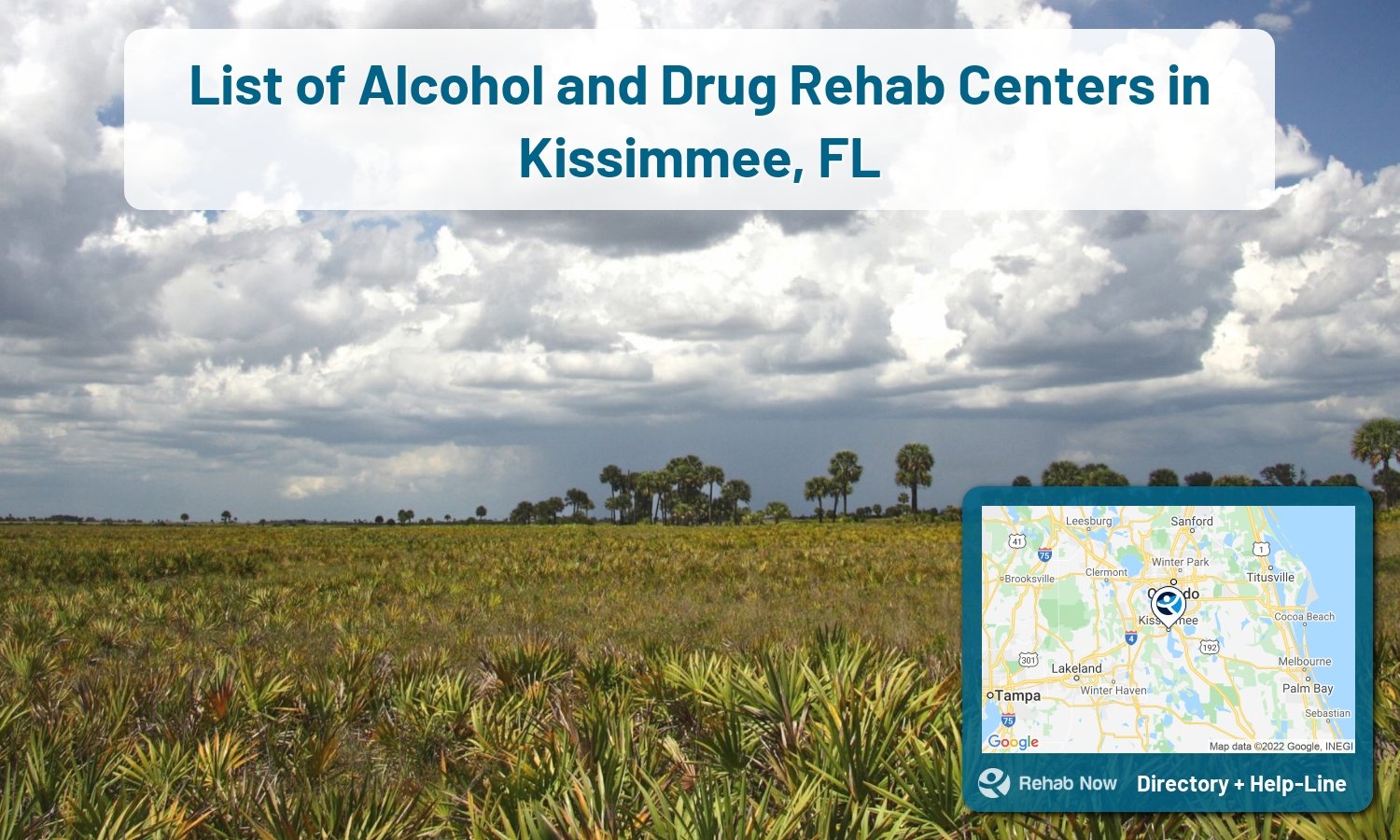
What types of treatment are available in Kissimmee, Florida?
There are a number of drug treatment options available in Kissimmee, Florida. The most common type of treatment is residential rehab, which involves living at the rehab center for a predetermined amount of time.
Other types of treatment are outpatient treatment. This program allows you to live at home while attending treatment during the day. This type of care is typically less intensive than residential rehab, and it can be a good option for people who have a strong support system at home.
Detox is another type of treatment that is often required before starting a more intensive treatment program. This involves cleansing the body of drugs and alcohol in a safe and monitored setting.
How can I pay for rehab?
There are many ways to pay for rehab, including insurance, sliding-scale fees, and private pay options. Some rehabs may also offer financing options to help cover the cost of treatment.
Drug and Alcohol Statistics in Kissimmee, Florida
In 2018, there were 160 drug overdose deaths in Osceola County (which includes Kissimmee), an increase of 35% from the year before. Drug overdoses are now the leading cause of death for Floridians under the age of 50. In addition, Between 2013 and 2017, heroin overdoses in Osceola County increased by 40%.
According to data from the Florida Department of Health, In 2017, there were 89 new HIV diagnoses in the county, up from just 21 in 2013. Drugs play a role in the spread of HIV, in fact, injection drug use is one of the most common risk factors for HIV infection.
- 58% of drug arrests in Osceola County in 2018 were for marijuana.
- 17% of people were admitted to drug rehab facilities for heroin as their primary drug of abuse.
- 34% of drug overdoses involve heroin.
- 15% of residents will struggle with an alcohol use disorder at some point in their lives.
Additional Treatment Centers in Florida
Florida is one of the nation's epicenters for substance abuse and drug-related overdoses. In 2014, around 410,000 Florida residents were addicted to drugs and alcohol. Over the last 10 years, 12% of all deaths in the state were attributed to substance abuse. Treatment admissions for alcohol reached 24,329 patients in 2016, and 2.5% of Florida high school students admitted to using crack cocaine.
Still haven't found the right recovery center? Browse nearby Florida cities.
- Saint Cloud, FL (8.8 mi.)
- Perrine, FL (198.5 mi.)
- Madeira Beach, FL (92.1 mi.)
- Citra, FL (87.2 mi.)
- De Bary, FL (39.0 mi.)
- Englewood, FL (109.9 mi.)
- Fruitland Park, FL (48.6 mi.)
- Tampa, FL (68.8 mi.)
- New Port Richey, FL (80.1 mi.)
- North Miami Beach, FL (181.5 mi.)
- Inverness, FL (66.8 mi.)
- Edgewater, FL (55.9 mi.)
- Miami, FL (142)
- Fort Lauderdale, FL (103)
- West Palm Beach, FL (91)
- Jacksonville, FL (84)
- Tampa, FL (80)
- Orlando, FL (79)
- Delray Beach, FL (77)
- Pompano Beach, FL (39)
How do people get into drugs rehab?
The most common is through self-referral, meaning that the person struggling with addiction decides to seek help on their own. You can also reach out to a primary care physician or mental health professional, who can provide a referral to an addiction specialist.
Sometimes, people may be courted into treatment by concerned loved ones through an intervention. This is a process in which those closest to the person struggling with addiction gather together to express their concern and offer their support in getting help.
In other cases, people may be court-ordered into rehab as a result of run-ins with the law. This is often the case with DUI offenses, in which the judge may order the offender to seek treatment as part of their sentence.
Things to consider when choosing a drug rehab
Choosing a drug rehab can be a difficult and overwhelming process. There are a few key factors to consider when making your decision, including:
- Treatment methods: Look for a center that offers comprehensive care and a variety of treatment methods. This will give you the best chance at long-term success.
- Location: You may want to consider a rehab that is close to home so that you have the support of loved ones during treatment. Alternatively, you may want to get away from your current environment to avoid triggers and start fresh.
- Cost: Treatment can be expensive, but there are many financing options available. Some insurance plans may cover addiction treatment, and many rehabs offer sliding-scale fees based on income.
- Accreditation: Make sure the rehab you choose is accredited by a reputable organization like the Joint Commission. This means that they have been vetted and meet certain standards of quality. The rehab should also be licensed by the state in which it is located.
Can I bring my cell phone or laptop with me?
Most rehabs will allow you to bring your cell phone and laptop with you, as long as they are not used in a way that interferes with your treatment.
You may be able to use your devices during certain periods of the day, or you may have access to a computer in the common area. However, it is important to keep in mind that detox and early recovery can be difficult and emotional time, so you may want to limit your use of devices in order to focus on your treatment.
What is the standard length of stay in rehab?
The standard length of stay in drug rehab is usually 28 days. However, this varies depending on the severity of the addiction and the types of treatment programs available. In some cases, people may need to stay in rehab for several months.
After completing a drug rehab program, many people find it helpful to attend outpatient treatment or participate in a sober living program. This is can last for several months to a year and provides ongoing support and accountability.
What kind of rooms will I be staying in at drug rehab centers?
When you are checking into a drug rehab center, you will be assigned to a room. The room assignment is based on factors such as the type of treatment program you are in and the length of your stay.
Most rooms at drug rehab centers have two or three beds, a dresser, and a closet. You may also have a private bathroom. If you are in a long-term treatment program, you may have a small fridge in your room so that you can store food.
Drug rehab centers want their patients to feel comfortable, so the rooms are typically furnished with basic furniture and decor. The goal is for you to feel like you are staying in a hotel rather than a hospital.
Kissimmee, FL Treatment Centers. Find drug rehab in Kissimmee, Florida, or detox and treatment programs. Get the right help now! (888) 674-0062.







